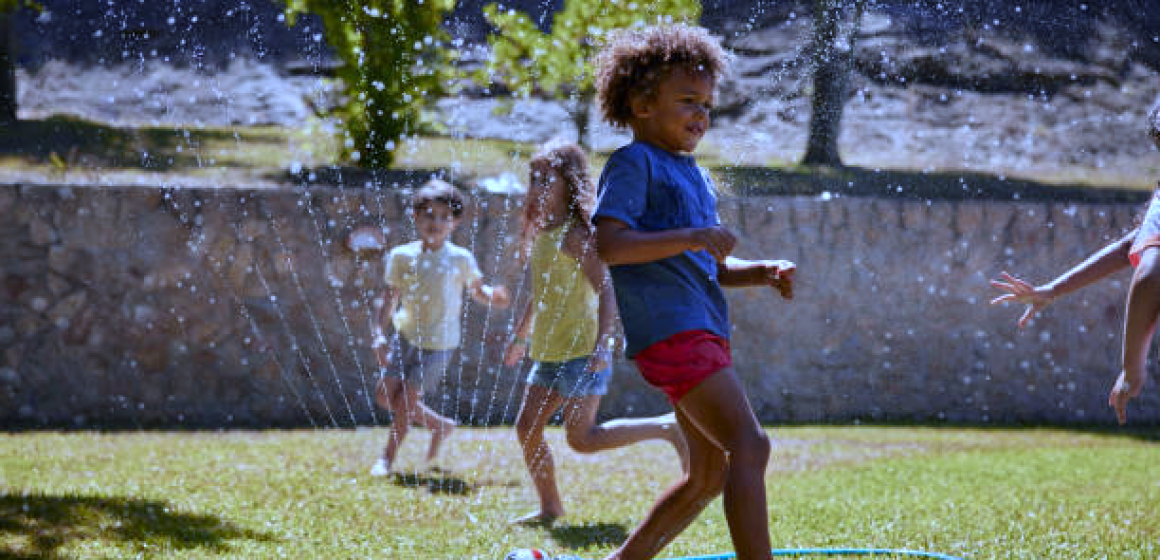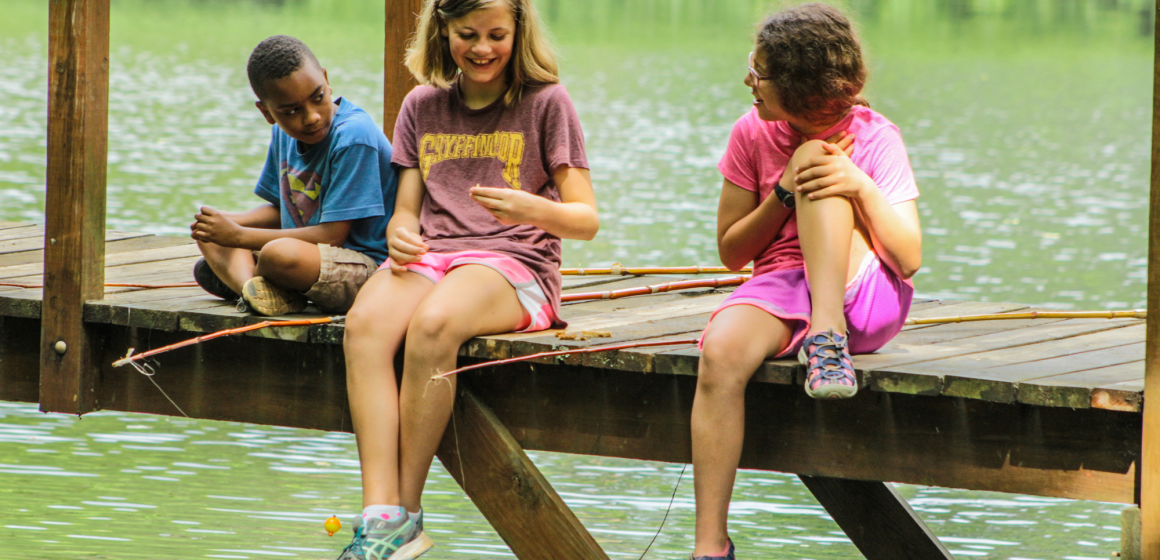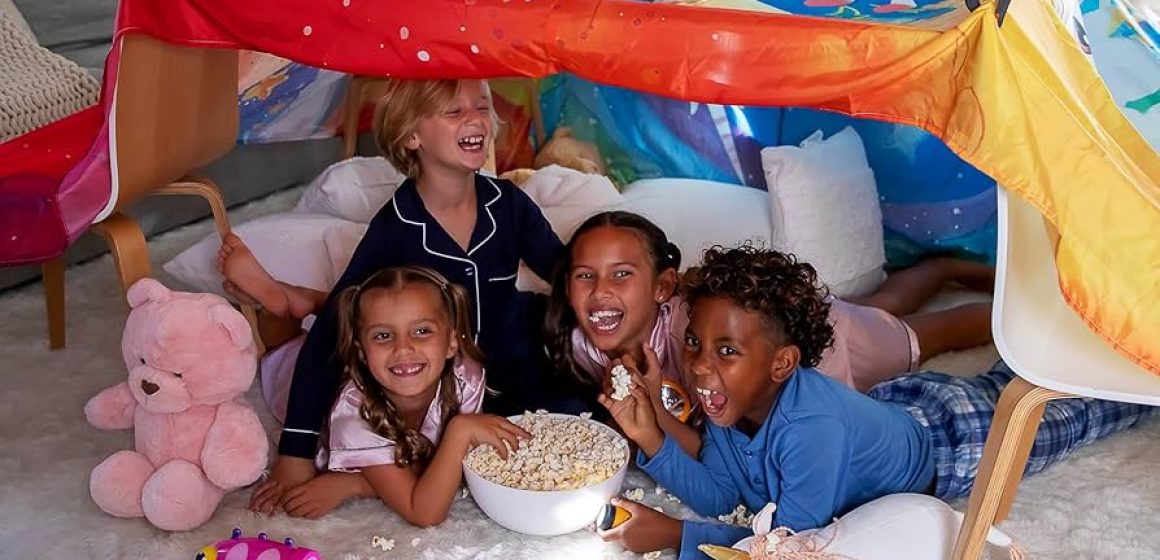Celebrating the Joys of September: Fun Seasonal Activities for Little Learners
September is a wonderful month for young children. The days are still warm enough for outdoor play, yet cooler evenings bring a hint of autumn. At KareamaKids 2, we see this time of year as the perfect opportunity to engage children with activities that celebrate the beauty of the season while encouraging creativity, learning, and play.
Exploring the Outdoors
With milder weather, September is ideal for outdoor adventures. Nature walks give children a chance to notice the early signs of fall—changing leaves, acorns, and migrating birds. Collecting small natural treasures like leaves or pinecones can turn into fun crafts back in the classroom or at home.
Seasonal Arts and Crafts
September brings so many new colors and textures. Children love creating art with fall-inspired materials. From leaf rubbings to painting with warm tones like red, orange, and yellow, art time becomes a sensory-rich experience that celebrates the season.
Harvest-Inspired Learning
Apples, pumpkins, and other seasonal produce are wonderful tools for hands-on learning. Whether it’s counting seeds, tasting different apple varieties, or learning about where food comes from, these activities spark curiosity and excitement.
Building Routines Through Play
While September often feels like a season of settling in, play continues to be a guiding force in helping children grow. Through games, songs, and creative activities, little ones build important social skills and confidence that carry them through the year.
At KareamaKids 2, we’re proud to provide a safe, nurturing environment where children can enjoy each season to its fullest. If you’re looking for a trusted Mount Holly NJ DayCare our team is here to make every day a fun and enriching experience for your child.










